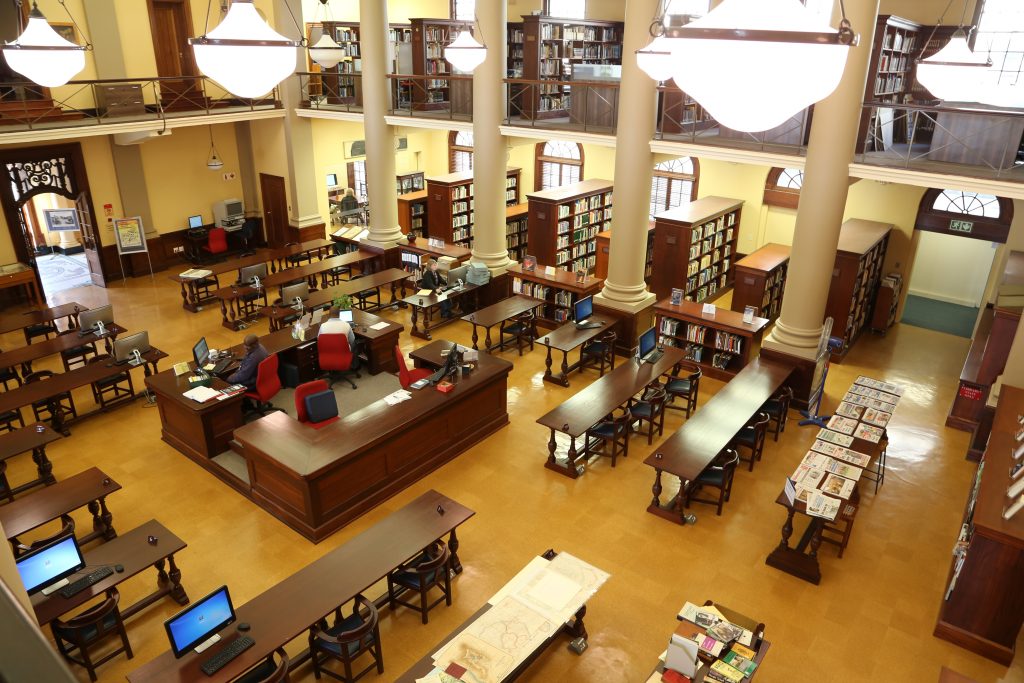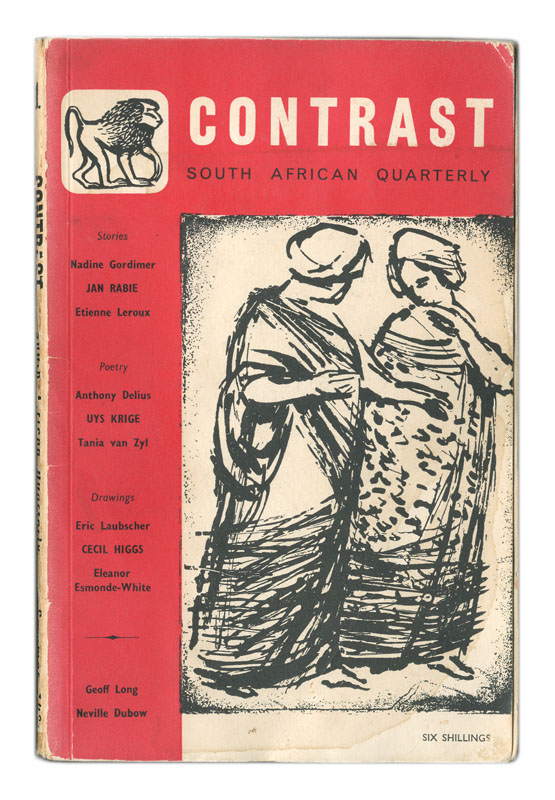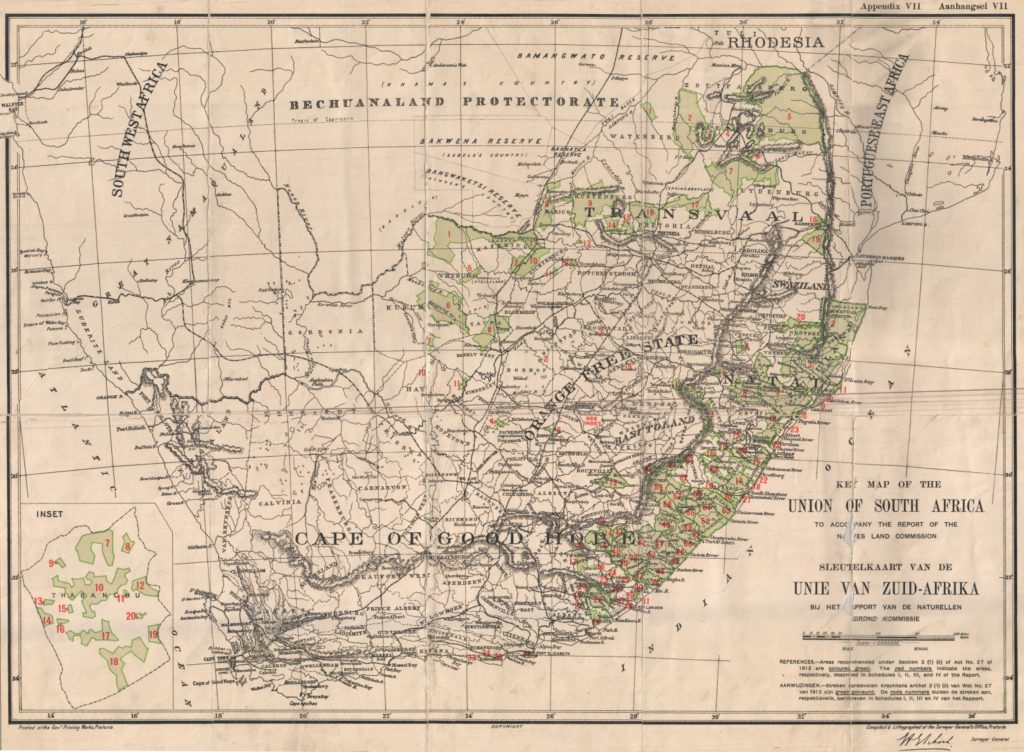by Busi Khangala.
The African Studies Collection is an internationally-renowned collection of research resources pertaining to Africa, particularly, but not limited to, Africa, South of the Sahara. It includes Africana, with extensive collections of monographs, periodicals, ephemera, pamphlets, videos, sound recordings, maps, conference papers, and newspapers. Housed in the JW Jagger Building (the south wing of the Chancellor Oppenheimer Library), the collections are made available to researchers and students, in a magnificent historic reading room now restored to its original condition.

Established in 1953, the African Studies Library (as it was then known) largely owed its origin to the efforts of Mr R F M Immelman, University Librarian from 1940 to 1970, for whom the collection of African and Southern African material was a particular focus. He acquired (often by donation) many valuable materials, including manuscript materials such as the C. Louis Leipoldt Collection and the Bleek & Lloyd Collection of Bushman Materials. It was due to Mr Immelman’s indefatigable collection-building that Harry Oppenheimer recognized the worth of the Africana material at UCT and generously donated funds for the establishment of the University’s Centre for African Studies, and for the development of the African Studies Library’s collections.


The African Studies Collection also holds what has often been acknowledged to be one of the finest collections of films on Africa in the world and works in close conjunction with Visual Archives in Special Collections in maintaining and adding to its film holdings. One of the collection’s other strengths is its impressive pamphlet collection. This grey literature is used extensively by undergraduates (not necessarily because they are referred to it but rather because they find it while searching the catalogue).
Together with materials in Government Publications, the African Studies Collection has enhanced and supported both teaching and research at the University. Of course, many Africanists, both local and international, are drawn to UCT not only because of its status as a leading tertiary educational institution world-wide, but also because of the breadth of its Africanist holdings housed in Special Collections.

The primary function of the African Studies Collection is to support the research and teaching needs of the University in the study of Africa. The University’s mission statement states that ‘UCT aspires to become a premier academic meeting point between South Africa, the rest of Africa and the world’. The foundation statement underpinning the mission statement declares, inter alia, that ‘in advancing UCT as an Afropolitan university we will expand our expertise on Africa and offer it to the world’ and ‘engage critically with Africa’s intellectuals and world views in teaching and research’.
